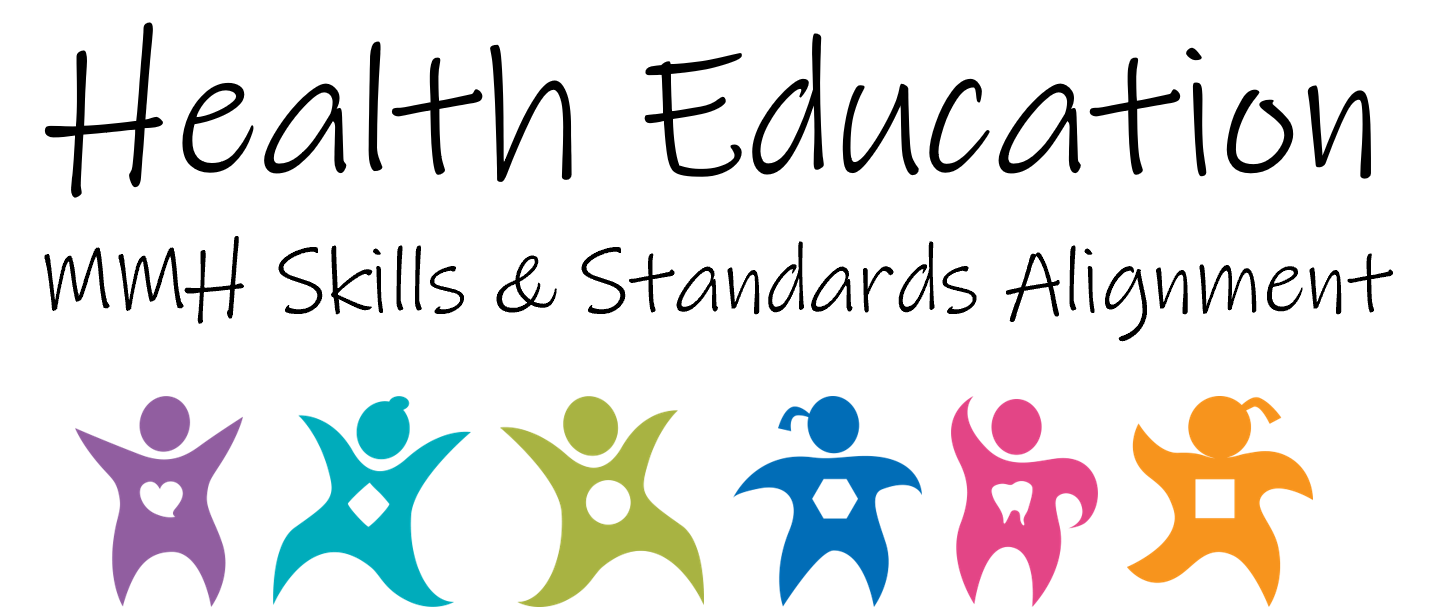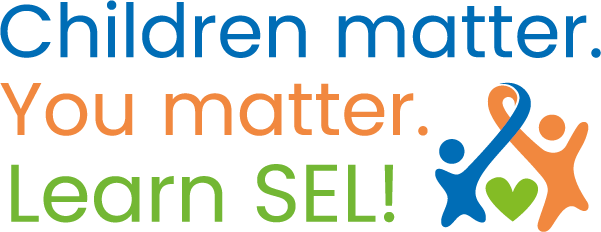Curriculum Alignment
The Michigan Model for HealthTM Program (MMH) is strategically aligned with national and state health education standards, ensuring that curricula are both relevant and effective. By helping teachers integrate these standards into their classrooms, MMH not only empowers educators but also fosters a positive and supportive school climate that enhances student well-being and academic success.
Social Emotional Learning Skills & Competency Guides

The Michigan Model for HealthTM Program aligns with the national health education standards and CASEL to promote and support positive student health behaviors across grades K to 12. The Skills Competencies Guide provides an instructional roadmap for educators to implement MMH with content sequence and skills learned by grade.

The Michigan Model for Health™ program is a certified CASEL evidence-based curriculum that addresses the five core social emotional learning competencies. The MMH is rated a high-quality classroom-based SEL program for broad dissemination to schools across the United States and it is included in the CASEL Guide: Effective Social and Emotional Learning Programs.

The Michigan Model for HealthTM curriculum meets the Michigan Department of Education (MDE) Health Education Standards across Grades K-12. The health education standards reflect legal requirements, best practices, and current research in the teaching and learning of health education.

The Michigan Model for HealthTM curriculum contains lessons on bullying and peer aggression for Grades K-12 students to learn communication, conflict resolution, and problem-solving skills at each grade level. Personal safety is also taught on how to avoid inappropriate touch and what to do if it occurs.
Content-Specific Overviews

The Michigan Model for HealthTM curriculum includes the integration of opioid misuse prevention into social and emotional health, safety, and alcohol, tobacco, and other drug units for grades K-12. Effective opioid misuse prevention requires students to learn and apply skills to promote positive health behaviors.

The Michigan Model for HealthTM curriculum provides teachers with clear, age-appropriate lessons on alcohol, marijuana, vaping, nicotine, and other drugs, helping K-12 students build practical skills for staying safe, making healthy choices, and handling real-life situations with confidence as they grow.

The Michigan Model for HealthTM curriculum contains lessons on prescription drug abuse prevention for students to learn skills on avoiding and handling situations that are dangerous, destructive, or disturbing as well as how and when to get an adult for help. Refusal skills are also taught to help students avoid alcohol, tobacco and other drugs.

The Michigan Model for HealthTM curriculum contains lessons on Internet safety for elementary students (Grades 2, 3, 4 & 6) to recognize dangers and learn skills on safe Internet use, such as: not sharing personal information, chat room guidelines, opening only trusted email attachments, cyber-bullying, visiting websites, downloading content, etc.
